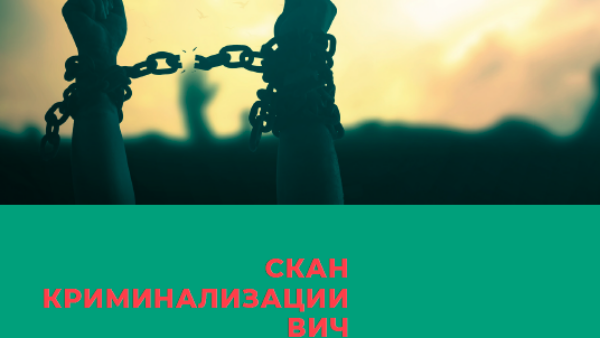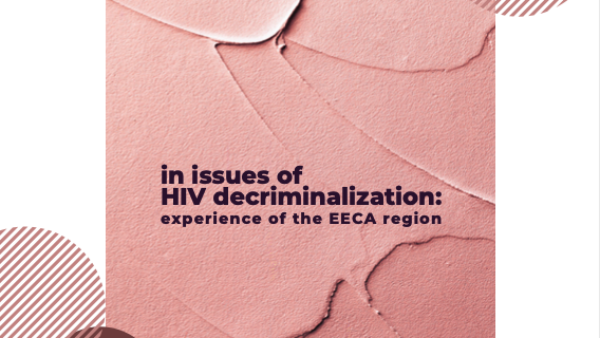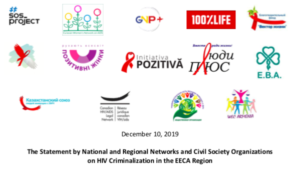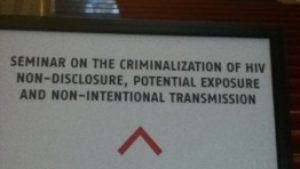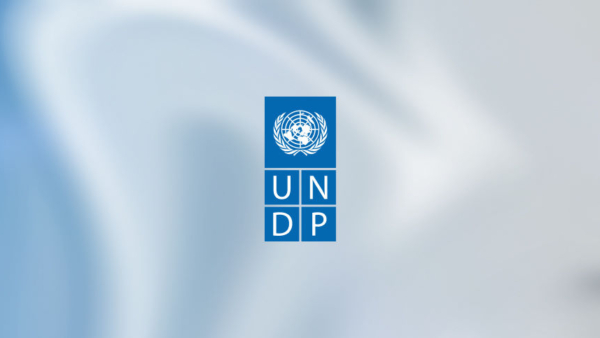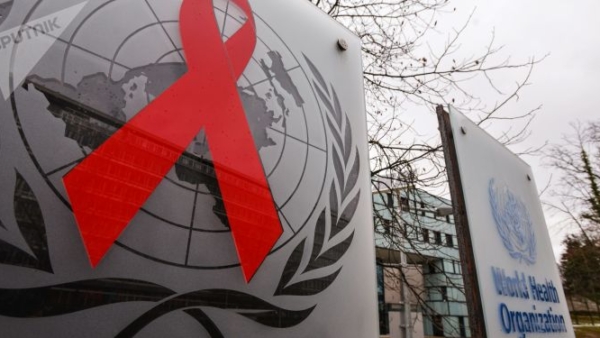Overview
Uzbekistan criminalises HIV ‘exposure’ and transmission and is one of the largest global hotspots of HIV criminalisation.
Article 113 of the Criminal Code contains sections making it an offence to ‘expose’ another to HIV, and separately to STIs, providing considerably higher penalties for HIV ‘exposure’ – five to eight years’ imprisonment compared with up to one year imprisonment or a fine for other STIs. ‘Exposure’ leading to transmission of an STI increases the penalty to three to five years’ imprisonment, however no distinction is made between ‘exposure’ and transmission for the HIV-specific element of this provision and it does not impact the sentence imposed. This part of the offence merely requires an awareness of HIV status. The law does not provide any defences for the use of condoms or the presence of an undetectable viral load, and there is no defence for disclosure leading to informed consent.
Section 4 of Article 113 criminalises HIV transmission in professional settings only, where it is a result of improper fulfilment of professional duties. This was introduced following a 2010 case in which 147 children contracted HIV in Namangan involving alleged negligence by healthcare providers.
While our media monitoring has only identified a limited number of case reports in Uzbekistan, the true number of HIV cases, revealed by civil society and in court reports, is substantially higher and makes the country one of the largest prosecutors of HIV globally. A 2022 shadow report to the CEDAW Committee by the Eurasian Women’s Network on AIDS (EWNA) and Alliance for Public Health quoted Ministry of Internal Affairs data which recorded 131 criminal offences under Article 113 in 2020, and 100 offences in nine months of 2021. A 2023 report by EWNA noted 76 offences for the first five months of 2022, a higher rate than in previous years. However, it is not clear how many of these recorded offences relate to HIV and how many relate to other STIs as the data in these reports are not disaggregated. In its 2018-2022 Criminalisation Scan in Eastern Europe and Central Asia, EWNA reported that the average number of criminal cases against people living with HIV is around 140. Furthermore, a media report in July 2023 suggested that police had initiated 20 HIV cases under Article 113 in the Tashkent Region of Uzbekistan alone (home to less than 10% of the Uzbek population). Together, these reports suggest that the true scale of HIV criminalisation in Uzbekistan is far greater than that represented in media reporting.
In another grouping of cases (not included in the above tally), an investigation related to sex work uncovered the HIV status of at least two of five people detained, some of whom were transgender. It appears charges were laid related to a perceived risk of HIV ‘exposure’.
Those arrested under the law may be subjected to inhuman treatment and even torture in detention. The above 2022 shadow report documented an undated case of a trans woman living with HIV who, following arrest and a 15-day detention involving harassment and torture, was charged under Article 113 (along with Article 120 which criminalises ‘homosexuality’). No transmission was proven, nevertheless, she was sentenced to five years and one month’s house arrest.
Reporting suggests that HIV criminalization in Uzbekistan intersects with criminalisation of key populations, reinforcing stigma and discrimination. A 2023 report by ECOM on state-sponsored homophobia in Uzbekistan reports that prosecutions for same-sex activity have been initiated with the sole purpose of enabling information between the Ministries of Health and Justice, to allow the latter to ‘keep track’ of people living with HIV, and that Article 113 enables forced anal examinations to take place.
Another factor contributing to the overly broad criminalisation of HIV in Uzbekistan is mandatory testing laws. In September 2022 it was reported that a new law requiring medical examination of those suspected of living with HIV, as well as compulsory HIV testing of known sex workers, men who have sex with men, and drug users, was being developed by the Interior Ministry. This law has now been adopted. As of July 2025, a further proposed law is being considered which would require mandatory HIV testing for Uzbek citizens returning from staying abroad for more than 90 days, as well as non-national migrating to Uzbekistan for work. These mandatory testing laws do not require any evidence or suspicion of any crime being committed.
Another aspect of criminalisation in Uzbekistan is that the Ministry of Health maintains a list of professions prohibited for people living with HIV, and people who continue to work in these professions while being aware of their HIV status can be subject to criminal sanction under Article 113, regardless of transmission risk. Cases have been reported of prosecution under this part of the law, including a 2020 case of a hairdresser and a 2022 case of a dentist, both banned professions for people living with HIV. In 2024, the list of prohibited professions was updated and reduced, eliminating dentists providing they are not involved in surgical interventions.
In its 2022 concluding observations on Uzbekistan, the CEDAW Committee called on the government to decriminalise perceived ‘exposure’ to and transmission of HIV through repeal of Article 113. A new draft Criminal Code was published for public consultation in February 2021, however this does not appear to have been adopted to date.
Civil laws also exist to regulate the treatment of people living with, or suspected of living with, HIV. Article 58 of the Code on Administrative Offences makes it an offence for people living with HIV to avoid examination, which after warning is subject to a fine.
Laws
Criminal Code of the Republic of Uzbekistan
Article 113. Spread of Sexually Transmitted Disease or HIV / AIDS
(Title of Article 113 as amended by the Law of the Republic of Uzbekistan dated May 24, 2010 No. ЗРУ-248 – СЗ РУ, 2010, No. 21, Article 161)
1. Knowingly putting another person in danger of contracting a sexually transmitted disease –
shall be punishable by a fine of up to twenty-five times the minimum wage, or by compulsory community service for up to two hundred and forty hours, or correctional labour, up to one year.
2. Infection of another person with a venereal disease by a person who knew that he had this disease, –
shall be punishable by compulsory community service from three hundred sixty to four hundred eighty hours or by restriction of liberty from three to five years or by imprisonment from three to five years.
The actions provided for by the first or second parts of this article, committed in relation to:
a) two or more persons;
b) a minor, –
shall be punishable by compulsory community service from three hundred sixty to four hundred eighty hours or by restriction of liberty from three to five years or by imprisonment from three to five years.
3. Knowingly endangering another person or infecting them with HIV/AIDS – is punished by imprisonment from five to eight years.
4. Infection of another person with HIV/AIDS as a result of non-fulfillment or improper fulfillment by a person of his professional duties –
shall be punishable by a fine from one hundred to two hundred minimum wages or by compulsory community service from three hundred sixty to four hundred eighty hours or by corrective labour up to two years or by restriction of liberty from two to five years or by imprisonment up to five years.
Further resources
Alternative report on the implementation of the CEDAW concerning women living with HIV by the Republic of Uzbekistan for the 81st session of the UN Committee on the Elimination of Discrimination against Women.
This alternative report identifies the following issues: the harms of institutionalized criminalization of women living with HIV (criminalization of HIV exposure, non-disclosure and transmission); delaying the process of state registration of an association of women living with HIV; access to healthcare; violence issues; and the impact of restrictive measures due to COVID-19.
Submitted by the Eurasian Women's Network on AIDS and Alliance for Public Health - Geneva, Switzerland, 07 – 25 February 2022
The report is available in English and in Russian.
An analysis of the legal environment in Georgia, The Republic of Belarus, The Kyrgyz Republic, and The Republic of Uzbekistan in the context of the criminalisation of people living with HIV.
This analysis, published in 2022 by the Eurasian Women's Network on AIDS, examines the current state of the law in Uzbekistan and three other countries in Eastern Europe and Central Asia, documenting the scope of the law and reported cases. It includes a list of recommendations on how the law should be improved.
This report is available in Russian.
Authors: Eurasian Women’s Network on AIDS (EWNA)
Regional HIV criminalisation report that summarises the state of play regarding HIV criminalisation laws and known prosecutions in the EECA region.
Authors: Eurasian Women’s Network on AIDS (EWNA)
Regional HIV criminalisation report that summarises the law and prosecution data in each country in the EECA region.
In October 2020, Uzbekistan was elected to the UN Human Rights Council for the period from 2021 to 2023. According to the resolution establishing this Council, a member country must «uphold the highest standards in the promotion and protection of human rights1». In 2022, ECOM registered 80 cases of violations of the rights of LGBT people. This report from ECOM illustrates multiple unresolved problems in Uzbek society that are largely supported by the inaction of the authorities.
HIV Justice Network's Positive Destinations
Visit the Uzbekistan page on Positive Destinations for information on regulations that restrict entry, stay, and residency based on HIV-positive status, as well as access to HIV treatment for non-nationals.

